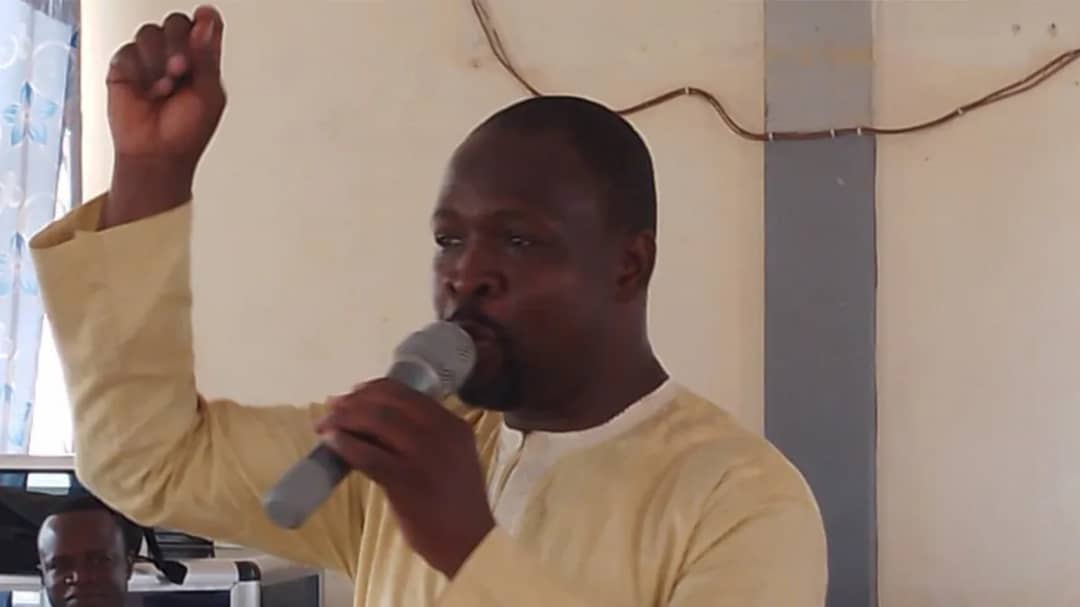Women leaders in the country have been urged to strive, build, promote and facilitate peace and social cohesion in their communities.
Women must be empowered to devise a peace hut mechanism to mediate and resolve local and domestic conflicts before they escalate into violence, Alhaji Abdallah Suallah Quandah, the Bono Regional Executive Secretary of the National Peace Council (NPC) stated.
“In the peace huts, women leaders will liaise with local police and relevant institutions through a mobile phone hotline, and engage in local peacebuilding efforts”, Alhaji Quandah stated when addressing the opening session of a seminar on gender, conflict and peace building in Sunyani.
The Bono Regional Secretariat of the NPC organised the seminar in honour of the late Nana Yaa Nyamaa Poduo II, the queen mother of Sunyani, and attended by women leaders, security agencies as well as civil society and peace actors and organisations
Until her demise in 2019, the late queen mother was a council member of the NPC in the Bono Region.
“When women participate in peace processes, the resulting agreement is more durable and better implemented. High level of gender equality is associated with a lower propensity for conflict” Alhaji Quandah stated.
He indicated that the inclusion of women, the majority of the nation’s population, in peace building had a positive impact on negotiation outcomes, and greater relevance for society, saying it would make policies to respond more effectively to the needs of society.
“Once policies are accepted by society it is easy to develop and maintain a culture of peace. In fact, recent developments bring home the lesson that to achieve sustainable peace we must all work together in an integrated and coherent way, otherwise the drums of war will drown the music of peace”, Alhaji Quandah stated.
He emphasised the role and contributions of women to the culture of peace was not only important because women represented the majority of the global population, but also because women were key drivers of the radical change of mindsets, institutions and cultures.
The Regional Executive Secretary said the promotion and achievement of gender equality and women's empowerment were crucial to advancing the culture of peace in all its vectors, including education, sustainable economic and social development, human rights and equality, democratic participation, and understanding at all levels in the family, community, region and the nation by extension.
“Women must not only be protected from war and the violence unleashed thereby, but they must be seen as agents of conflict prevention, of peace-making, and as reconcilers in peacebuilding in post-conflict”, Alhaji Qaundah stated.
“Despite the progress we have seen in promoting the rights of women and their roles in peace processes, there remain situations where progress for women’s contributions to peace-making and peacebuilding are undermined or underutilized”, he said.
“One of the main reasons women are still not included in peace processes is structured exclusion from decision-making positions. Women are held out of leadership positions in governments, non-state entities and political parties”.
Alhaji Quandah therefore underlined the need to intensify efforts in breaking stereotypes and beliefs that undermined the role of women in peace and security, saying “we must focus on improving the access to education of girls and all young people, providing a secure environment for them to learn, breaking down gender stereotypes in school curricula and teacher training programmes, advancing understanding, tolerance and solidarity, and ultimately spreading a culture of gender equality which will lead to a culture of peace”.
Mr John Ansu Kumi, the Sunyani Municipal Chief Executive described the late Nana Poduo II as an embodiment of peace and social cohesion, and commended the NPC for the seminar, saying “we must all do much to highlight the peaceful traits embedded in the late queen mother for people to emulate”.
Source: Ghana/Sompaonline.com/K.Peprah

